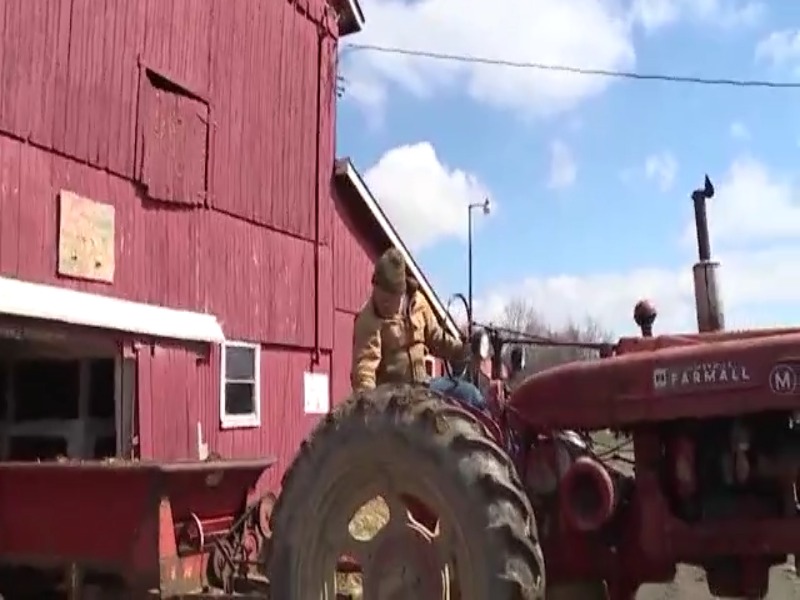Thousands of maquiladora workers expected to go home at half pay due to coronavirus-related production cutbacks
EL PASO, Texas (Border Report) — Thousands of maquiladora workers in Juarez will take a monthlong forced vacation starting next week, as more U.S.-run factories implement work-stoppages.
The workers will be paid only half their wages but will keep benefits during the furlough, Juarez Mayor Armando Cabada said on Friday. A total of 28 plants will be implementing the so-called “technical stoppages.”
The mayor said he didn’t know how many workers would be affected, but industry experts in the United States say it will be a lot.
“There are maquiladoras (U.S.-run plants in Mexico) that are not in what we would deem essential supply chains: medical, food or what have you,” said Jerry Pacheco, president and CEO of the Border Industrial Association. “They bought themselves a little time by remaining open just to negotiate how employees would get compensated during the shutdown period. This was expected. It’s not a surprise.”
Maquiladoras manufacture parts, components or products for companies outside Mexico, mostly in the United States. With many industrial operations in the U.S. cutting back on production or outright crippled due to decreased demand or workplace restrictions due to the COVID-19 pandemic, it was only a matter of time before the biggest employer on the Mexican side of the U.S. border got hit, experts said.
“When you’re talking 28 plants, that’s quite a few workers. […] Let’s say that a quarter of the maquilas are deemed non-essential, now you’re talking a lot of people. So this virus could really create a lot of people who are unemployed for a temporary period of time,” Pacheco said.
Chihuahua state officials said they are working with maquiladora officials to ensure those who continue to operate have well-stocked infirmaries, medical personnel on duty, all the necessary hygiene and cleaning products and provide adequate spacing.
“It’s a fine line between protecting the public, which is of the utmost importance right now and putting people out on the street temporarily. It’s a very tough call,” Pacheco said.
Some maquiladoras will continue to operate through the pandemic precisely because they manufacture medical equipment or supplies for food-producers. “You also need logistics, because you need to keep those supplies going around,” he said.
But those who produce consumer products could be vulnerable right now. Many maquiladoras in Juarez are also part of the automotive supply chain, Pacheco said, so they are subject to production cutbacks in Michigan.
“That has to be kept an eye on because that’s a huge part of our regional economy,” he said, noting how warehouses and support operations in the El Paso, Texas-Santa Teresa, New Mexico area could be affected as well.
Visit BorderReport.com for the latest exclusive stories and breaking news about issues along the United States-Mexico border.










